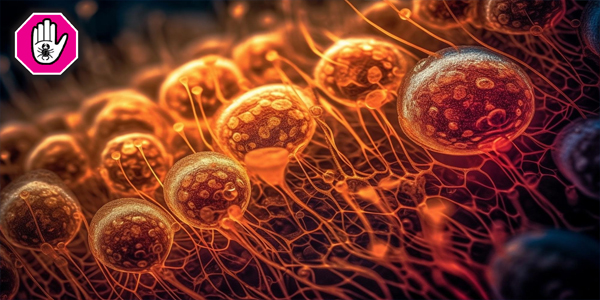Cancer is a broad term used to describe a group of diseases characterized by the abnormal and uncontrolled growth of cells in the body. Normally, cells in the body go through a carefully regulated process of growth, division, and death. However, in cancer, this process becomes disrupted, leading to the formation of a mass of abnormal cells known as a tumor.
Tumors can be benign or malignant. Benign tumors are non-cancerous and usually do not spread to other parts of the body. They can, however, still cause problems by putting pressure on nearby organs or tissues. Malignant tumors, on the other hand, are cancerous and have the ability to invade nearby tissues and spread to other parts of the body through the bloodstream or lymphatic system. This process of cancer spreading to distant parts of the body is called metastasis.
Cancer can occur in virtually any part of the body and can affect different organs and tissues. There are over 100 different types of cancer, each with its own specific characteristics and treatment options. Some of the most common types of cancer include breast cancer, lung cancer, prostate cancer, colorectal cancer, and skin cancer, among others.
Causes of cancer are often multifactorial and may include genetic factors, environmental exposures (such as tobacco smoke, radiation, certain chemicals, etc.), lifestyle factors (like poor diet, lack of physical activity, and excessive alcohol consumption), and infections (e.g., human papillomavirus and hepatitis B and C viruses).
Early detection and advances in cancer treatment have improved survival rates for many types of cancer. Treatment options may include surgery, radiation therapy, chemotherapy, immunotherapy, targeted therapy, and hormone therapy, among others. The specific approach to treatment depends on the type and stage of cancer and individual patient factors. Additionally, ongoing research in the field of oncology continues to bring about new insights and therapies to combat cancer more effectively.


